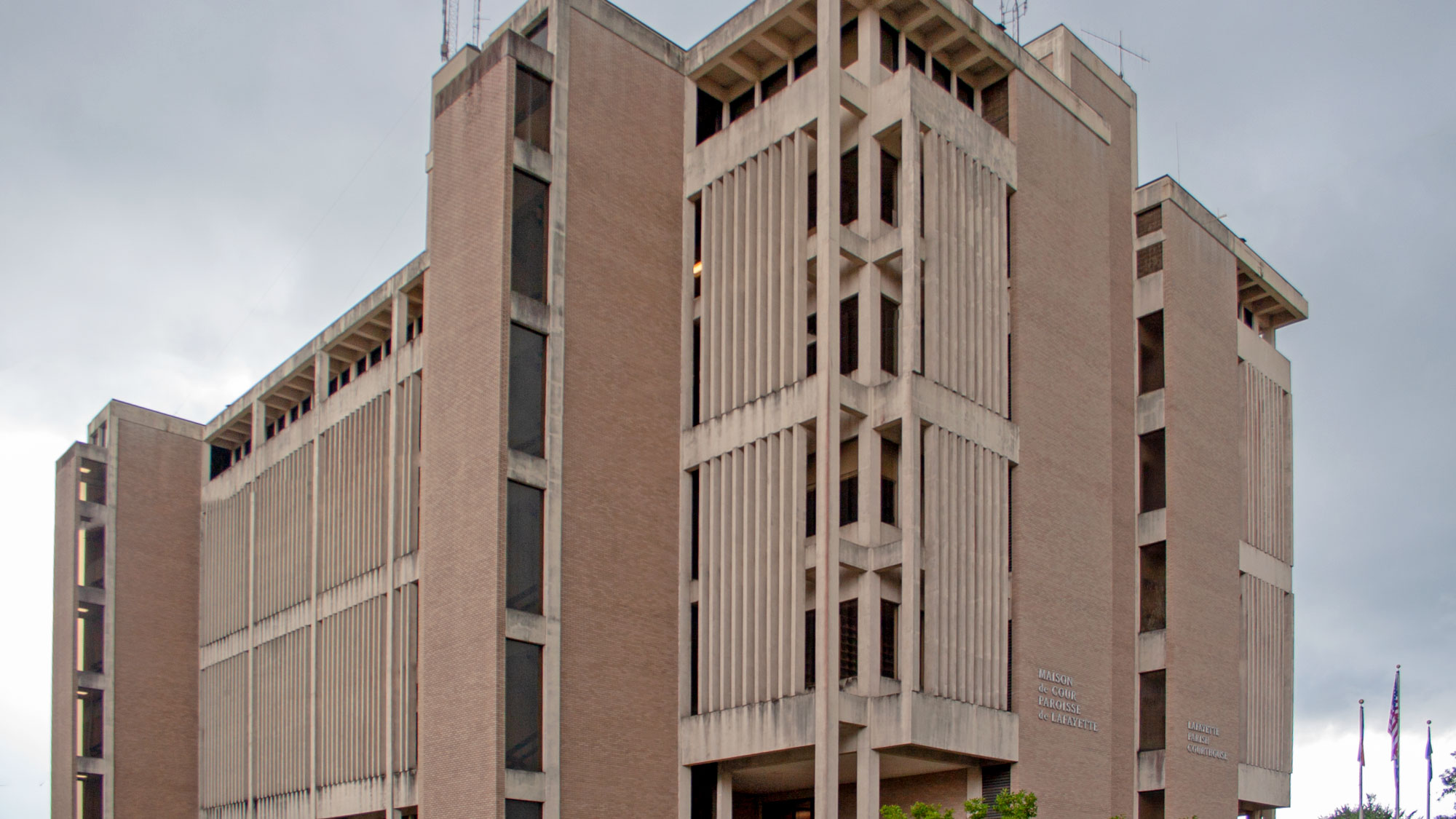15th Judicial District Court
There's no such thing as a Judicial District Court tax
- For November 6th, Lafayette’s City/Parish Council is proposing $4,553,907 in NEW taxes to cover their portion of the 15th Judicial District Court operational costs
- We can’t find where any other parish pays for their JDC in this way
- In 2016-17, it cost the 15th JDC $3,656,420 to operate in Acadia, Lafayette, and Vermilion parishes combined
- Lafayette’s portion of the 15th JDC’s costs was only $1,964,937
- If we take out the JDC’s self-generated revenue, the JDC’s operations cost Lafayette taxpayers only $1,246,328
- By the numbers, this tax proposes to collect $3,307,579 more than is needed. What’s all that extra money for?
Way back on May 15th, Kevin Naquin, Jay Castille, Patrick Lewis, Kenneth Boudreaux, and Bruce Conque sent to voters what appears to be an unprecedented new tax. It’s true that the Parish is obligated to pay a portion of the 15th Judicial District Court’s costs to operate. However, not one of Louisiana’s sixty-four (64) parishes, as far as we’ve been able to determine, has a tax dedicated to their Judicial District Court system.
This may be because most of the Judicial District Courts do not operate in a single parish. The 15th JDC, for example, operates in Acadia, Lafayette, and Vermilion parishes. Similarly, the 16th JDC operates in Iberia, St. Martin, and St. Mary parishes. While 25 parishes do haves dedicated taxes that include the maintenance of their courthouse buildings, the court itself operates at least partially on the fees and court costs associated with their work.
What do all other parishes do?
One of the more experienced parish accountants told us that their Judicial District Court was covered by the parish general fund because that method made the most sense. The court generates about half of the revenue it needed to operate, and the parish made up the difference. When asked why they wouldn’t consider a dedicated property tax millage to cover those costs, the accountant said the general fund method was superior because it ensured there was never any extra money. After all, it’s contrary to the duty of government to take more in taxes than it needs to operate.

How Lafayette’s proposal is different
The 2.00 mills tax that the council approved to send to voters is for ten years. The amount expected to be collected in the first year is $4,553,907. The math on ten-years worth works out to about $46 MILLION without estimating for property reassessments. Historically, property tax collections increase 100% over ten years. So, the tenth year of collection could be around $9 million.
So, exactly how much does the 15th JDC cost to operate? Their 2016-17 audit, on page 11, reflects the total cost of operations was $3,656,420. Similarly, the 2016-17 actual Lafayette portion, as listed on page 124 of the 2018-19 proposed budget, reflects $1,964,937. Now, the obvious question is, why did the City/Parish council propose $4,553,907 in NEW taxes to cover only $1,964,937 in costs? An even more interesting question might be why are they proposing nearly a million more than is needed to operate the entire court system across all three parishes?
But wait a minute!
We didn’t forget that the courts also generate their own funds based on fees for service. The “Criminal Court” fund is defined on page 15 of the 2018-19 proposed budget as “to account for deposited fines and forfeitures to be used and paid for specific and specified expenses generally related to the Judges of the 15th Judicial District…” Last year, that revenue is reflected on page 67 of the 2018-19 proposed budget as $718,609. If we back that number out of the $1,964,937 cost to operate Lafayette’s portion of the JDC, Lafayette is left with only $1,246,328 in total costs. But they want $4,553,907 in new taxes to cover it? What will they do with the extra $3,307,579?
Neither LCG nor the 15th JDC finance departments responded to email or phone requests.
###









